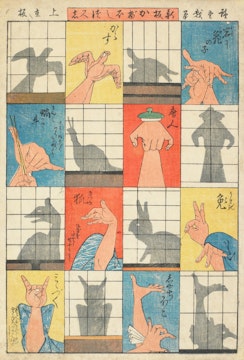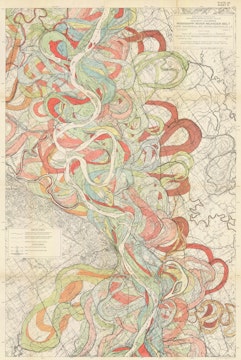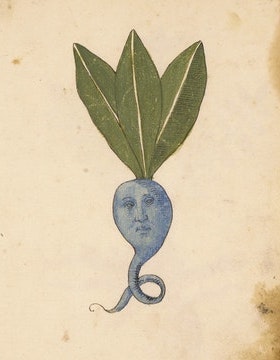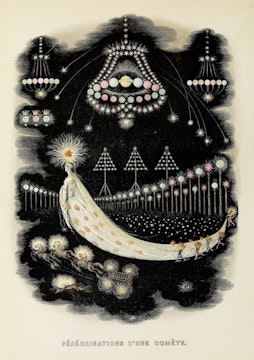
My Experiences in a Lunatic Asylum (1879)
In February 1875, the barrister and author Herman Charles Merivale (1839-1906) was committed to Ticehurst in Sussex, a private lunatic asylum owned and run by the Newington family since 1792. Having suffered from what would nowadays be deemed as depression, Merivale spent almost seven months at Ticehurst where his mental state, intake of food, as well as his sleeping habits were recorded in a casebook. After initially being released in September 1875, he returned to the asylum within a year on account of suicidal tendencies and was later transferred out of the hospital in 1877 although his condition had not improved. In his book, published in 1879 under the pseudonym of "A Sane Patient", Merivale tells of his first night:
I was therefore ‘removed,’ half-dying, in a state of semi-consciousness, I can scarcely remember how, to the castellated mansion mentioned in my first chapter. The wrong should have been impossible, of course; but it is possible, and it is law. My liberty, and my very existence as an individual being, had been signed away behind my back. In my weakened perceptions I at first thought that the mansion was an hotel. Left alone in a big room on the first evening, I was puzzled by the entrance of a wild-looking man, who described figures in the air with his hand, to an accompaniment of gibber, ate a pudding with his fingers at the other end of a long table, and retired. My nerve was shaken to its weakest, remember; and I was alone with him! It was not an hotel. It was a lunatic asylum.
Later he speaks of how, although the food and recreational activities offered at the asylum could not be faulted, he knew that he was in the wrong place.
All this bears so fair an outside that it seems difficult to quarrel with it. Yet the life that it concealed was inconceivably terrible. My head was full of the weakest, the most varying, the most wandering fancies — the fancies of sheer and long-continued exhaustion. These parties, games, entertainments, meals, without a friend's face near me, without hope, wish, or volition; with the shouts and cries of the really violent to wake me sometimes at night; with every form of personal affliction to haunt and mock and yet companion me by day; with poor fellows playing all sorts of strange antics round me, herded together anyhow or nohow, with or without private rooms of their own — more, I'm afraid, in proportion as their friends could or would pay for them or not [...], with Death in the house every now and then, falling suddenly and terribly on one of these unhappy outcasts from some unsuspected malady within, which they could not explain, spoken of in whispers, and hushed up and forgotten as soon as might be, [...] the story makes me shrink in the telling, and almost regret that I have undertaken to tell it.
My Experiences in a Lunatic Asylum is one of many similar tales (e.g. Clarissa Caldwell Lathrop's A Secret Institution, 1890) which echoed and fed the fear rife in Victorian Britain of being falsely confined in such private asylums. Merivale's pamphlet perhaps stands out from others, however, in its literary stature, coming from the pen of an author who counted amongst his friends William Makepeace Thackeray, Matthew Arnold, Anthony Trollope, Charles Dickens and others.
Jul 13, 2016








